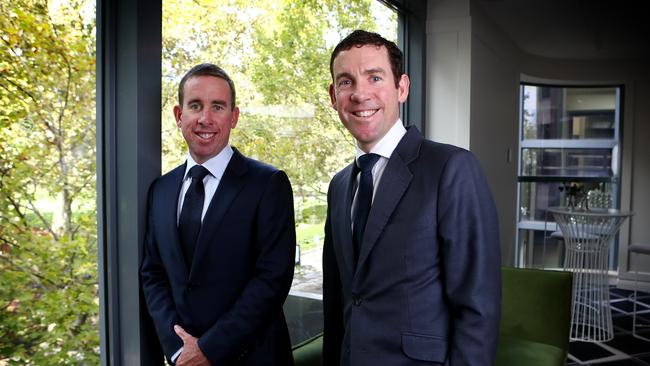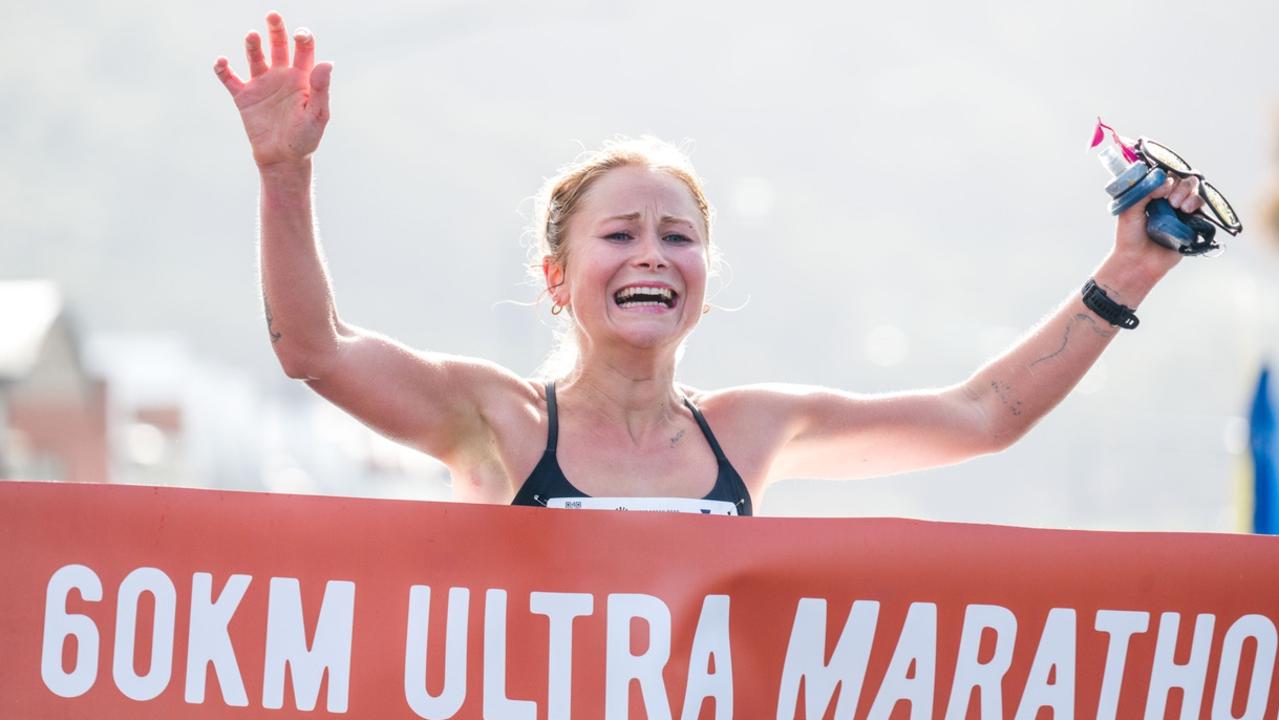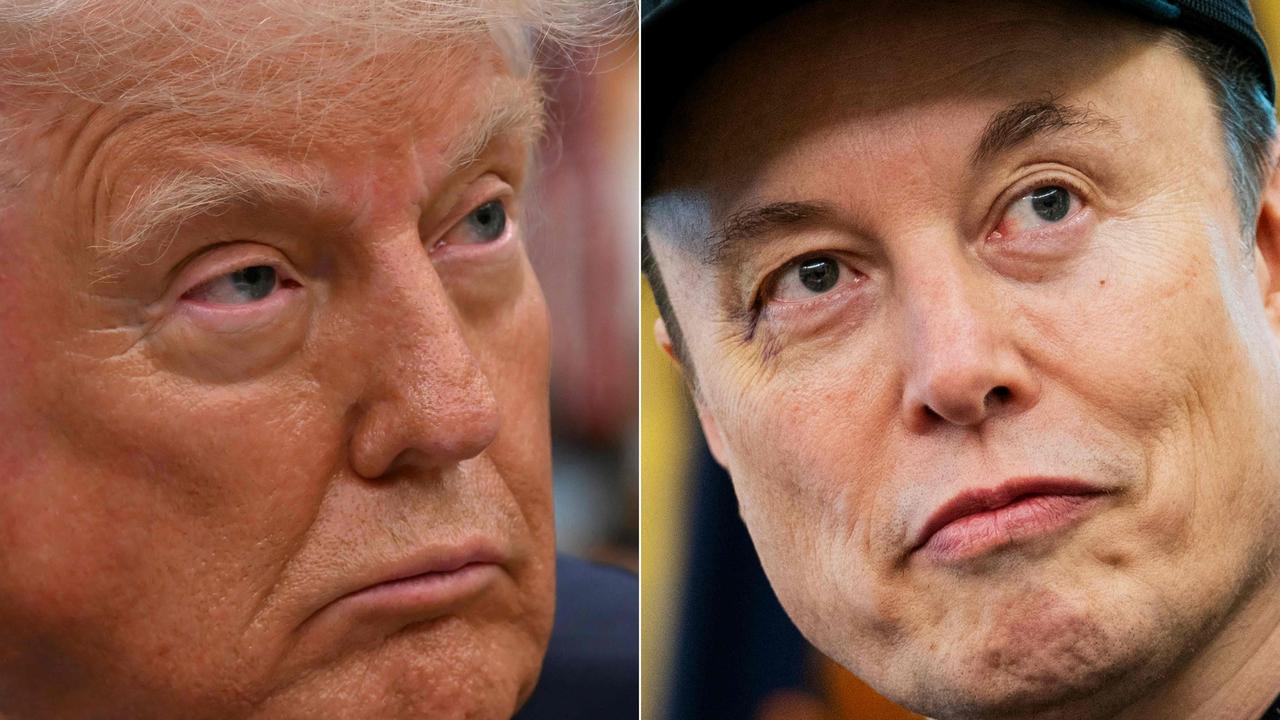Billionaire Greensill brothers ready for uncertainty
The company run by two of Australia’s youngest billionaires has tripled its profit but is keeping a wary eye on the economy.

The supply-chain finance company run by two of Australia’s youngest billionaires has tripled its profits, its financial accounts reveal.
Greensill Capital, run by 42-year-old Lex Greensill, who started the business with younger brother Peter, saw its pre-tax profit surge to about $90m after a big year of growth and investments around the world.
That result, recorded as $US61.48m on the company’s accounts for the year to December 31, 2018 — the most recent results — that were lodged this on the weekend with Australia’s corporate regular, compared with a $US21m pre-tax profit in the previous year.
Greensill Capital makes money by what is known as “reverse factoring”, where it acquires invoices and trade receivables from suppliers to its customers, which include the likes of Telstra and Sanjeev Gupta’s Liberty House, and packages them into short-dated bonds to sell to investors such as banks and superannuation funds.
The company charges a fee and an interest rate for providing the finance and is now one of the biggest players in global supply chain financing, with the privately held Greensill now having a value of at least $US3.5 billion ($5.15 billion) after SoftBank Group’s Vision Fund made a $US800m investment in May this year.
Peter and Lex Greensill
- Ages: 38 and 42
- Estimated wealth: $1.52 billion
- Source: Financing company Greensill Capital
- Secrets of success: Building a global finance company that specialises in reverse factoring.
- Source:The List — Australia’s Richest 250
At the time, Greensill said the capital would be deployed on new technology grow into new markets including India, Brazil and China. The company has already extended more than $US60 billion in financing to more than 8 million customers in 60 countries since Greensill founded the business in 2011.
But a report in London’s Financial News last week revealed the $US800m from SoftBank had mostly been placed into a 92-year-old bank based in Bremen, Germany which is a Greensill subsidiary. The bank, called Greensill Bank AG, was founded in 1927 and bills as a “traditional” institution that takes deposits and makes loans to small businesses. It was assigned a rating of A- by Scope Ratings in July.
The Financial News report quoted Greensill saying that putting the money in the bank was currently more efficient than putting it directly into China or India and provides a buffer for an anticipated downturn in the credit cycle.
“My board and I are pretty bearish about the economy going forward,” he said in the report, then adding that having “a bank with oodles of cash” is a “hedge for the potential uncertainty”.
“The bank is as much as anything a warehouse that provides us with the ability to manage the liquidity requirements of our business,” Greensill said.
About 60 per cent of the $US800m was put into the German bank, with the rest being used to pay out some existing shareholders and also for use as working capital. Greensill and his family own roughly a third of the business, with employees also owning about that amount and the rest held by SoftBank and private equity firm General Atlantic.
Greensill moved to the UK in 2001, undertaking an MBA and developing supply chain businesses at investment banks Morgan Stanley and Citi, before establishing his own business.
Back in Queensland, Peter Greensill runs the Greensill Family Group, established by their grandfather Roy in 1947 and later inherited by their father Lloyd. The farming business encompasses more than 2000ha across Queensland’s Wide Bay region.
SoftBank has been reported to be considering investing several hundred million dollars more into Greensill, while the Greensill brothers reportedly a contesting are appealing a large capital gains tax bill they have received from the Australian Taxation Office regarding share transactions involving their family trust.
Greensill also bought specialised receivables securitisation firm Financity Corporation earlier this year, but Greensill bonds were at the heart of issues at Swiss fund manager GAM last year when it had to restrict investors from taking money for its flagship bond funds due to hard-to-sell Greensill debts linked to Gupta. Greensill has since reportedly arranged a €2.2 billion debt facility for Gupta to buy seven European steelworks.
According to Greensill’s financial accounts, the company’s made a $US49.4m net profit after tax, compared with $20.8m in 2017. Revenue doubled from $US138m to $US273m in 12 months.
About $US125m of that revenue was fee and commission income, which was up from only $US19m the year before.




To join the conversation, please log in. Don't have an account? Register
Join the conversation, you are commenting as Logout